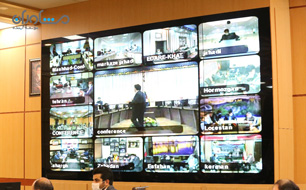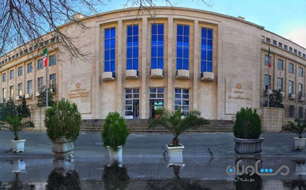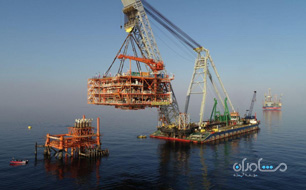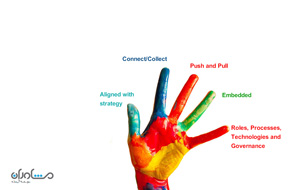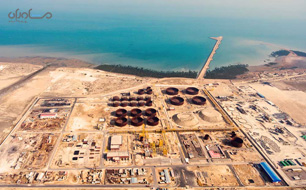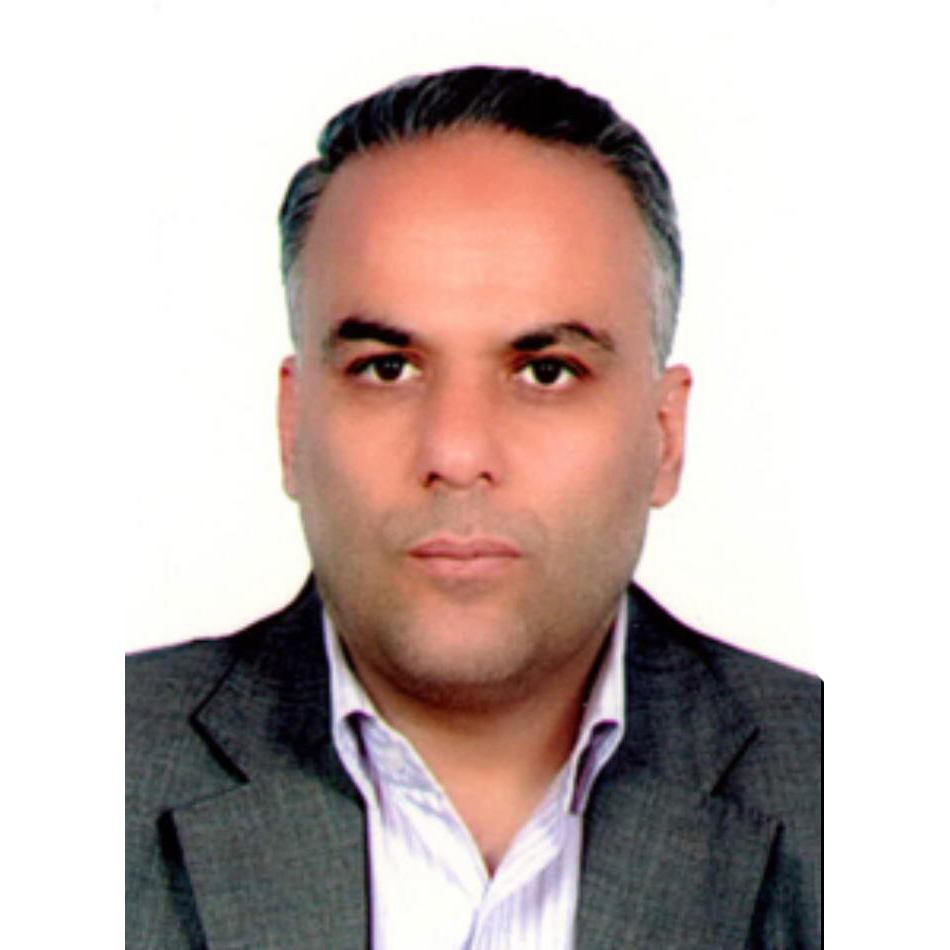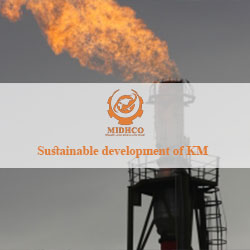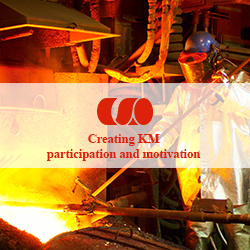Knowledge management, disconnection in continuity
Learn More
Being independent in the knowledge management process means preventing the little influence of each unit of the organization concerning establishing the plan. This can prevent the permanent elimination of knowledge management in the organization and allow it to continue. The unit in which knowledge management is implemented is part of the critical factors in maintaining its independence and can continue knowledge management in the organization by presenting business cases and success stories.
If knowledge management is under the control of the IT unit, it will be tool-oriented and will not pay enough attention to employees and aspects of the process that are of fundamental importance, and if the human resources unit supports knowledge management, it will be person-centered. It does not deal with the process or technology aspects. Therefore, the unit in charge of knowledge management should not be biased towards a specific dimension but should maintain a proper balance between all facilitators such as people, processes, and technology.
• If we save a project from repeating similar mistakes, the costs saved will be more than paying for the implementation of the knowledge management program, and if this process is repeated, it will increase profits.
• If we respond to an opportunity that arises at the right time and using the solutions and lessons learned by experts; We can generate increased revenue for the organization.
• By reusing product engineering knowledge, we save the organization from paying the costs of returning products.
This type of business case is compelling to attract the support of the organization's senior managers to implement knowledge management. However, it should be noted that these are not ROIs and cannot be proven to be the sole cause of any outcome in the organization; But managers can be reminded that once knowledge management is implemented, positive outcomes increase significantly.
Challenges that knowledge management helps to overcome can also be defined, such as:
• Inadequate products and services
• Low staff morale
• Loss of customers
• Damage to the brand
• Inability to attract and retain employee capabilities
• Economic productivity, income, growth, profit margin, stock value
Finally, he created a business case. for example,
• Do we want the organization's employees to have easy access to and use previous projects' output and results?
• Can we create a source of knowledge to respond quickly and efficiently to staff questions and needs?
• Do we want to use the information and knowledge gained from past mistakes to avoid repeating mistakes and improve performance?
There are three ways to gather success stories:
• Through the organization's social network, ask employees to tell their success story to others in an online discussion or form.
• Look for groups that have experience with knowledge management success. The statements of these users have the most impact.
• Interview program users in a group call or virtual conference.
When writing success stories, ask yourself the following questions:
• What challenges did we face?
• What resources did we use?
• How did we use these resources to meet the challenges?
• What was the result?
• How much profit did we make using these resources? (Save time, save costs, reduce additional costs, increase revenue, improve quality, increase customer satisfaction, increase market share, revenue from innovation, etc.)
• What benefits have we and our organization gained?
• Which option did we consider instead of using knowledge resources?
•Which options did we try?
• What was the difference if the knowledge resources were not used?
Organizational reporting structure
In response to which units of knowledge management belong to the organization, it should be said: the unit in charge of knowledge management should not belong solely to the IT department, human resources, or learning and improvement. In the absence of a senior knowledge manager, having an impartial unit such as an operation can help.If knowledge management is under the control of the IT unit, it will be tool-oriented and will not pay enough attention to employees and aspects of the process that are of fundamental importance, and if the human resources unit supports knowledge management, it will be person-centered. It does not deal with the process or technology aspects. Therefore, the unit in charge of knowledge management should not be biased towards a specific dimension but should maintain a proper balance between all facilitators such as people, processes, and technology.
Business case
To start and continue a knowledge management project, it is necessary to develop a credible knowledge management scenario and the expected benefits from it. for example:• If we save a project from repeating similar mistakes, the costs saved will be more than paying for the implementation of the knowledge management program, and if this process is repeated, it will increase profits.
• If we respond to an opportunity that arises at the right time and using the solutions and lessons learned by experts; We can generate increased revenue for the organization.
• By reusing product engineering knowledge, we save the organization from paying the costs of returning products.
This type of business case is compelling to attract the support of the organization's senior managers to implement knowledge management. However, it should be noted that these are not ROIs and cannot be proven to be the sole cause of any outcome in the organization; But managers can be reminded that once knowledge management is implemented, positive outcomes increase significantly.
Challenges that knowledge management helps to overcome can also be defined, such as:
• Inadequate products and services
• Low staff morale
• Loss of customers
• Damage to the brand
• Inability to attract and retain employee capabilities
• Economic productivity, income, growth, profit margin, stock value
Finally, he created a business case. for example,
• Do we want the organization's employees to have easy access to and use previous projects' output and results?
• Can we create a source of knowledge to respond quickly and efficiently to staff questions and needs?
• Do we want to use the information and knowledge gained from past mistakes to avoid repeating mistakes and improve performance?

Success stories
The executive team and users of knowledge management are affected by the actual results and benefits that knowledge management brings to the organization and individuals. Knowledge management leaders should gather information about how the program affects employee success and what it means and publish it in the organization.There are three ways to gather success stories:
• Through the organization's social network, ask employees to tell their success story to others in an online discussion or form.
• Look for groups that have experience with knowledge management success. The statements of these users have the most impact.
• Interview program users in a group call or virtual conference.
When writing success stories, ask yourself the following questions:
• What challenges did we face?
• What resources did we use?
• How did we use these resources to meet the challenges?
• What was the result?
• How much profit did we make using these resources? (Save time, save costs, reduce additional costs, increase revenue, improve quality, increase customer satisfaction, increase market share, revenue from innovation, etc.)
• What benefits have we and our organization gained?
• Which option did we consider instead of using knowledge resources?
•Which options did we try?
• What was the difference if the knowledge resources were not used?


